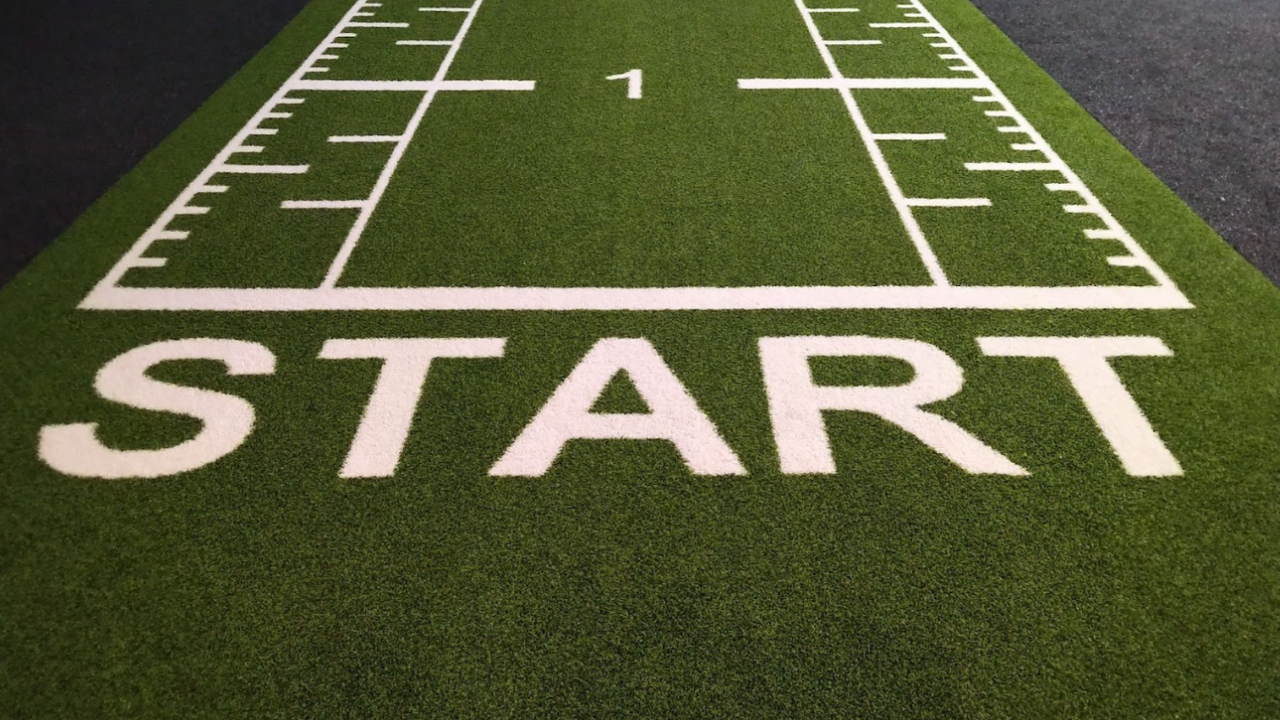Sports Nutrition for a New Year
Dec 13, 2022
A new year means new opportunities to achieve our goals, both on and off the field. For athletes, one of the best ways to set ourselves up for success is to take a close look at our diets and make sure we're giving our bodies the fuel they need to perform at their best. In this blog post, we'll explore some of the most important aspects of sports nutrition and how athletes can use them to their advantage.
Eat for performance, not just weight loss
Athletes are often focused on shedding pounds so they can perform better in their weight class. While it's important to be at a healthy weight, this is highly individual, don't sacrifice proper nutrition in the process. Make sure you're eating enough calories to support your training schedule. Skimping on calories will only lead to fatigue, poor performance, and a greater possibility of injury.
Maximise Macronutrients
The three macronutrients—carbohydrates, proteins, and fats—are the foundation of any good diet, athlete or not. All three play vital roles in our bodies and should be consumed in appropriate amounts to maintain optimal health. When it comes to sports nutrition, though, carbohydrates and proteins are particularly important.
Carbohydrates
Carbohydrates are the body's primary source of energy, and they're essential for athletes who train at moderate intensity and above, but also those who need quick bursts of energy during competition. They're also important for replenishing glycogen stores after exercise. Glycogen is a form of stored carbohydrate that our bodies use for energy; when we deplete our glycogen stores through exercise, we need to consume carbohydrates in order to replenish them. Consuming adequate amounts of carbohydrates both before and after exercise is essential for athletes to perform at their best.
Proteins
Proteins are also vital for athletes. They're necessary for muscle growth and repair, and they can also be used as an energy source during exercise. Consuming protein after exercise, and at regular intervals throughout the day, helps promote muscle synthesis and recovery. This is essential for athletes to adapt to their training and improve performance as well as improve recovery.
Fats
Fats are often misunderstood when it comes to sports nutrition. Many people think that all fats are bad for you, but this simply isn't true. While it's true that some fats are better for you than others—saturated fats, for example, should be consumed in moderation—fats are an essential part of a healthy diet. They provide energy and are essential for cell function, hormone production, and the absorption of certain vitamins and minerals. Just like carbohydrates and proteins, fats should be consumed in appropriate amounts to support optimal health.
Micronutrients
Micronutrients are important for athletes looking for optimal performance. They are essential for muscle growth and repair, maintaining healthy cells, and providing energy to the body. Vitamins such as A, B-complex, C, D, E, and K are essential for athletes. Minerals like calcium, iron, magnesium, phosphorus, potassium, sodium chloride, zinc, and selenium can also help support optimal performance. Eating a balanced diet with plenty of fruits and vegetables is the best way to ensure you get all the micronutrients you need to stay healthy and perform at your best, and Minerals like calcium, magnesium, potassium, iron, and zinc also play a role. Many athletes also turn to supplementation as a way to increase their intake of certain micronutrients. Supplements like multivitamins, vitamin D, and omega-3s can help athletes maximize their performance. The key is to consult with your doctor or nutritionist before using any supplements so you understand the potential risks and benefits.
Don't forget about electrolytes
In addition to water, electrolytes are an important part of an athlete's diet. Electrolytes like sodium, potassium, and chloride help regulate fluid balance in the body and are essential for muscle function. When sweating, athletes lose not only water but also electrolytes. That's why it's important for athletes to replenish both water and electrolytes after exercise. Sports drinks like Gatorade or Powerade can help athletes replace lost electrolytes, but there are also many natural sources of electrolytes like coconut water, fruits, and vegetables.
What to take away
Sports nutrition is a complex topic, but understanding the basics is essential for any athlete who wants to perform at their best. By paying attention to the quality and quantity of the three macronutrients—carbohydrates, proteins, and fats—athletes can give their bodies the fuel they need to succeed on the field, track, or court.
Nutrition is key for any athlete who wants to perform at their best. This year, make a resolution to eat for performance by including plenty of lean protein, healthy fats, and complex carbohydrates in your diet. Your body will thank you for it!
